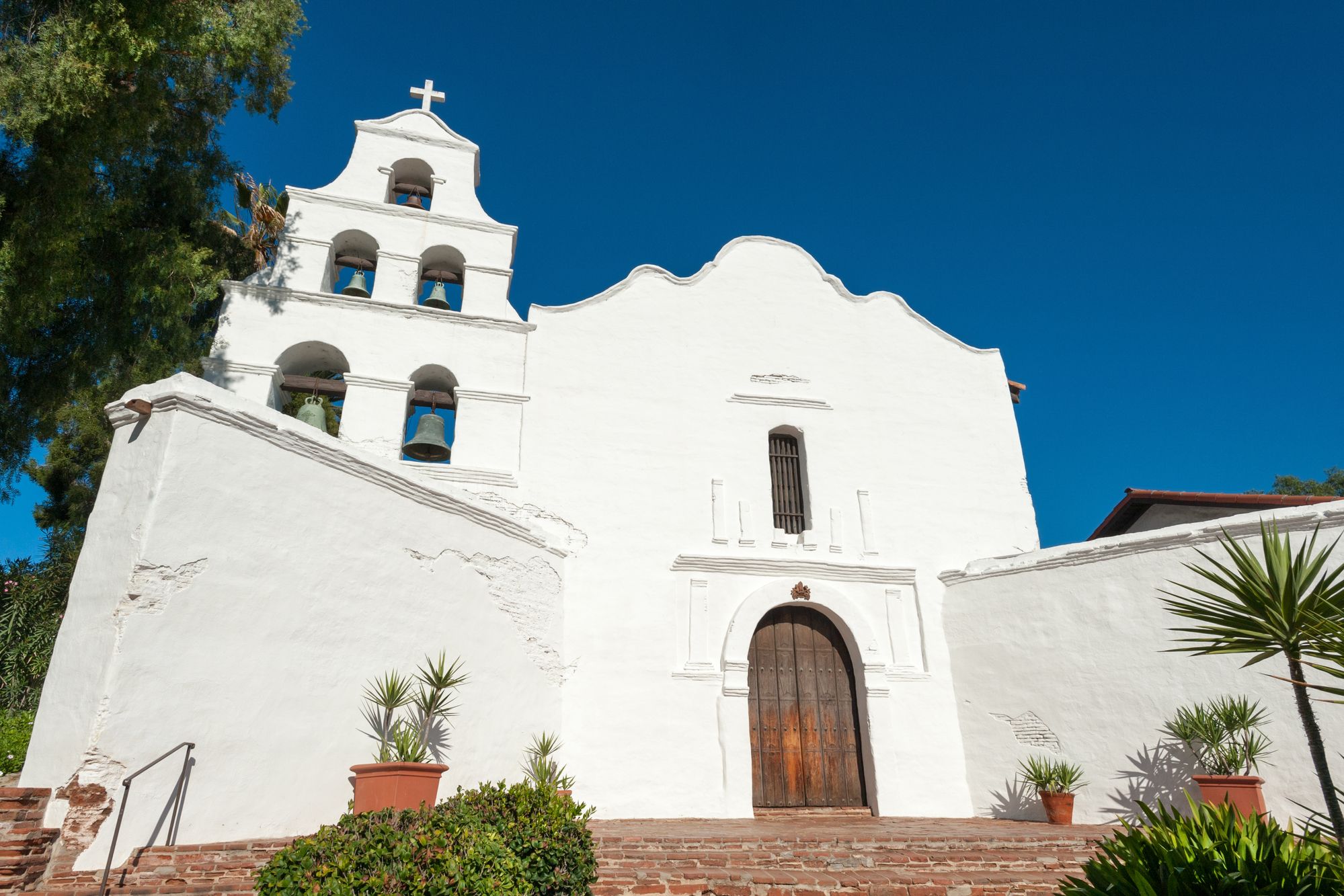Top Class Actions’s website and social media posts use affiliate links. If you make a purchase using such links, we may receive a commission, but it will not result in any additional charges to you. Please review our Affiliate Link Disclosure for more information.
In 2019, the bishop of San Diego announced the creation of a Catholic clergy abuse victim fund, joining five other dioceses in California in offering compensation to survivors.
On Aug. 13, 2019, Bishop Robert McElroy talked about the compensation program and a new associated policy concerning reporting suspected cases of Catholic clergy abuse—whether sexual or physical in other respects—to the appropriate law enforcement agency. Also, McElroy presented a new stricter guideline concerning the use of social media with minors in the church.
The Bishop’s Audience and Message
According to the Catholic News Agency, McElroy’s message was geared toward his audience of over 2,500 employees of churches, Catholic schools, and organizations associated with the San Diego diocese. His primary directive to those in attendance was to not rely upon those people in their work settings who are mandated reporters under the law. If Catholic clergy abuse is suspected, rather, he encouraged them to follow their own instincts and moral sense and report to legal authorities regardless.
As indicated by a companion report on the announcement posted on the website Church Militant, the San Diego bishop hopes that if this occurs, however, a mandated reporter or other authority in the diocese will be alerted so that the possible child abuse incident can be internally tracked. If a person suspects abuse and doesn’t exactly know how to proceed as well, using a mandated reporter as a sounding board was highly encouraged.
What is a Mandated Reporter?
Each state varies in what they consider to be a profession that comes with the automatic designation of mandated reporter of physical or sexual abuse, according to the Child Welfare Information Gateway. For the most part, any professional role that has close contact with members of a vulnerable populations such as children, senior citizens, or disabled adults is mandated to report incidents or suspected incidents. These may encompass nursing home staff, teachers, those that work in the mental health field, and childcare providers.
When mandated reporters register a suspicion of abuse of any kind, the complaint is supposed to be anonymous and retaliation is illegal. There is no obligation by a mandated reporter to follow up with any kind of investigation, but providing supporting documentation and photos where possible is not discouraged.
A Change in California Law
In the wake of sexual abuse scandals, the California State Assembly passed a new law in 2019 which has extended the statute of limitations for sexual abuse, giving victims more time to seek justice. Under this new legislation, a child sexual abuse survivor can file civil claims until age 40. The previous limit was age 26.
The Child Victims Act also gives adult survivors who recently discovered their childhood abuse a period of five years (up from the previous three years) from the point of discovery to file a lawsuit, even if they are older than 40.
The new law also implemented a “look back window,” allowing survivors of childhood sexual assault three years to file a lawsuit, regardless of the statute of limitations. The look back window period began in January 2020, and the deadline to file within the window is Dec. 31, 2022.
The victim’s fund was sponsored by the San Diego diocese and considered applications from alleged victims regardless of how long ago the abuse occurred. The compensation program was also open to anyone regardless of citizenship status.
The monies to pay victims reportedly came from existing diocesan funds and insurance policies currently in place, like similar compensation funds in New Jersey and New York.
In early 2020, the deadline for registering with the Independent Compensation Program was extended to Feb. 29, 2020, with a claims filing deadline of March 31, 2020.
Survivors who have missed the claims filing window with the compensation fund may still be able to take some action under the California Child Victims Act, either under the expanded statute of limitations or the look back window period. The deadline for filing within the look back window is Dec. 31, 2022.
Join a Free Catholic Sex Abuse Lawsuit Investigation
If you or a loved one were sexually abused by a Catholic priest or another church leader, legal help is available.Fill out the FREE form on this page for more information.
This article is not legal advice. It is presented
for informational purposes only.
ATTORNEY ADVERTISING
Top Class Actions is a Proud Member of the American Bar Association
LEGAL INFORMATION IS NOT LEGAL ADVICE
Top Class Actions Legal Statement
©2008 – 2024 Top Class Actions® LLC
Various Trademarks held by their respective owners
This website is not intended for viewing or usage by European Union citizens.
Get Help – It’s Free
Join a Free Catholic Sex Abuse Lawsuit Investigation
If you qualify, an attorney will contact you to discuss the details of your potential case at no charge to you.
PLEASE NOTE: If you want to participate in this investigation, it is imperative that you reply to the law firm if they call or email you. Failing to do so may result in you not getting signed up as a client or getting you dropped as a client.
E-mail any problems with this form to:
Questions@TopClassActions.com.













